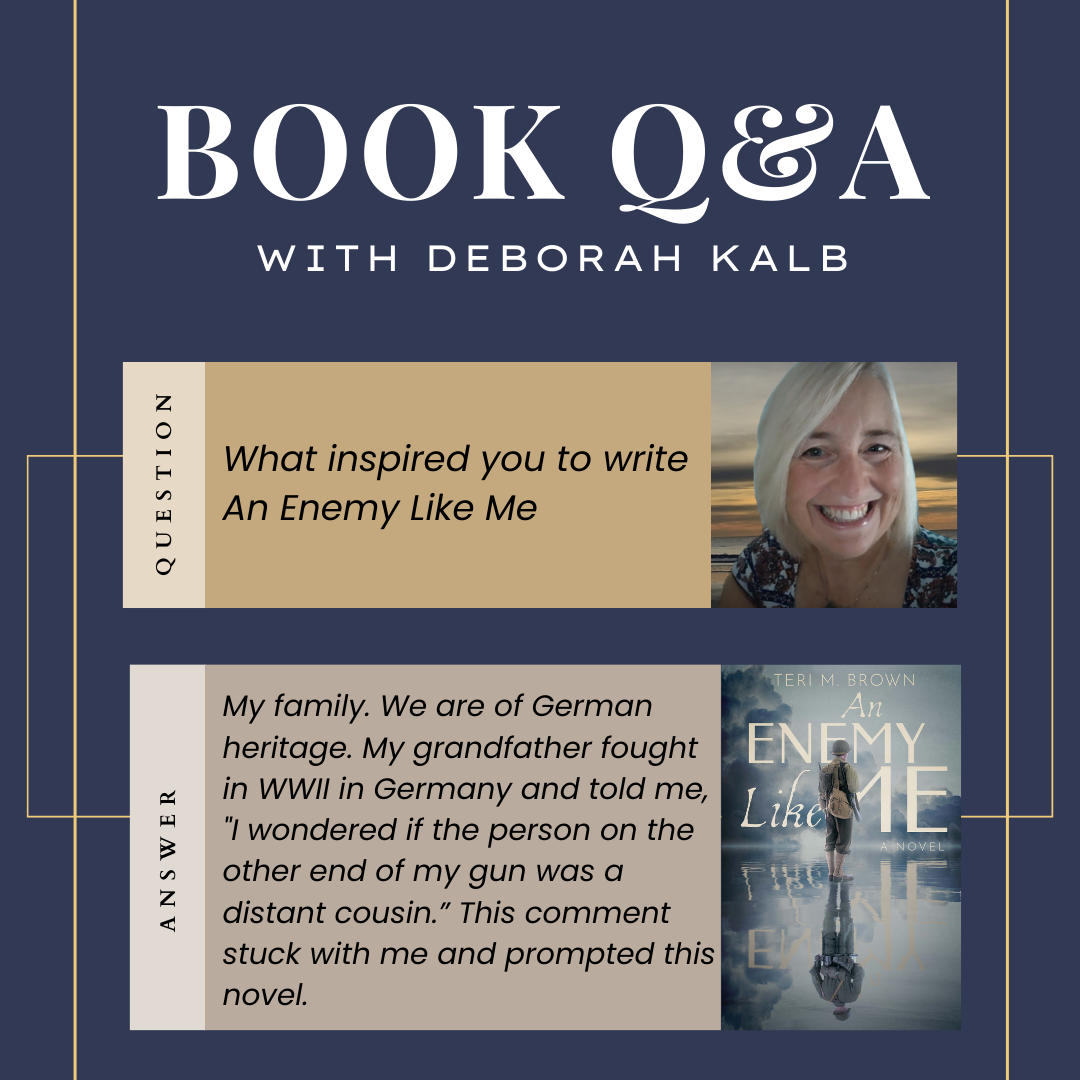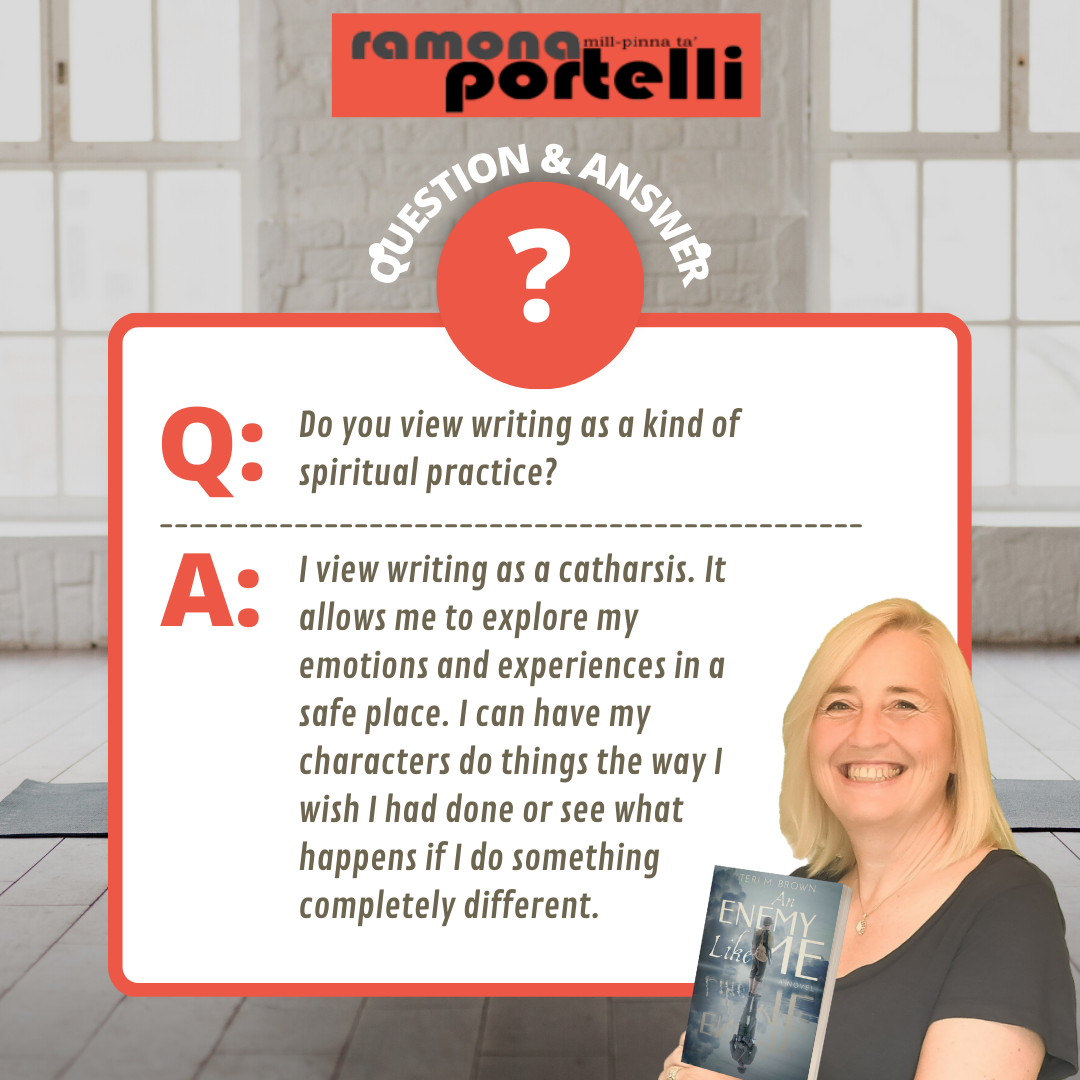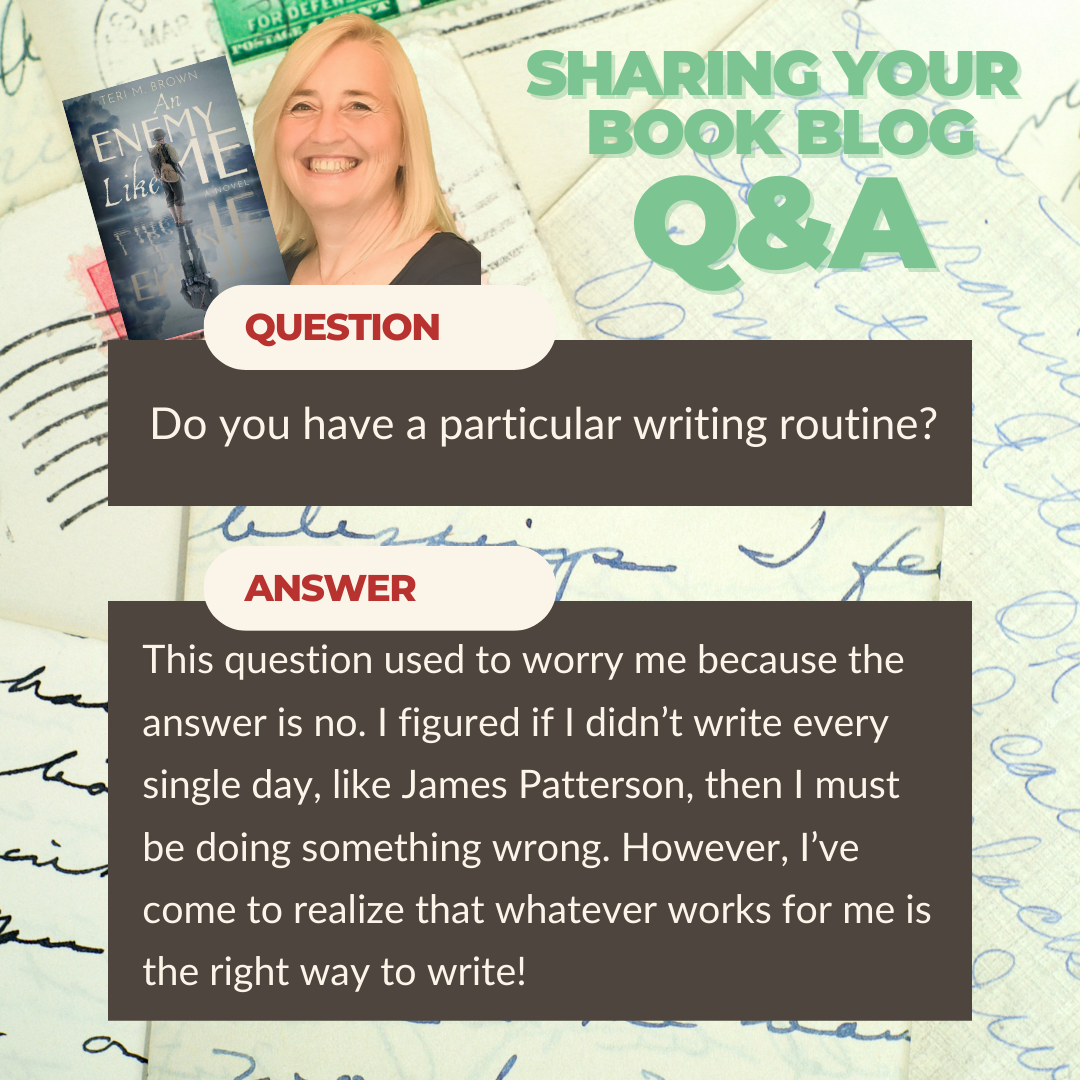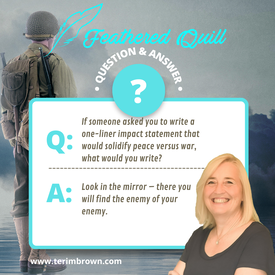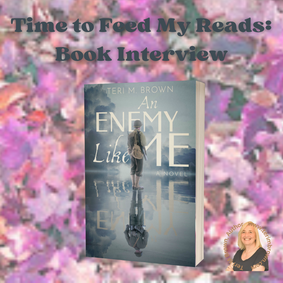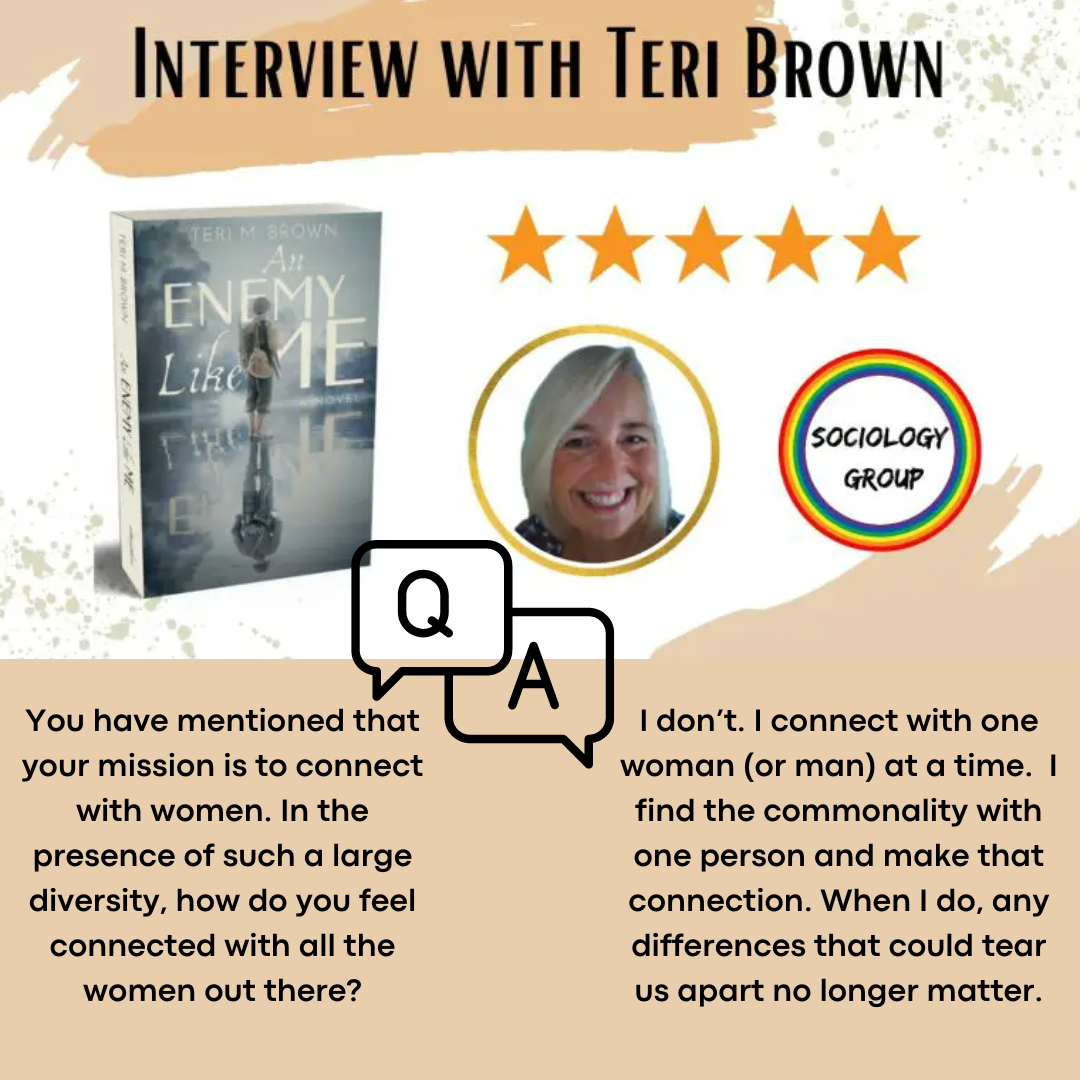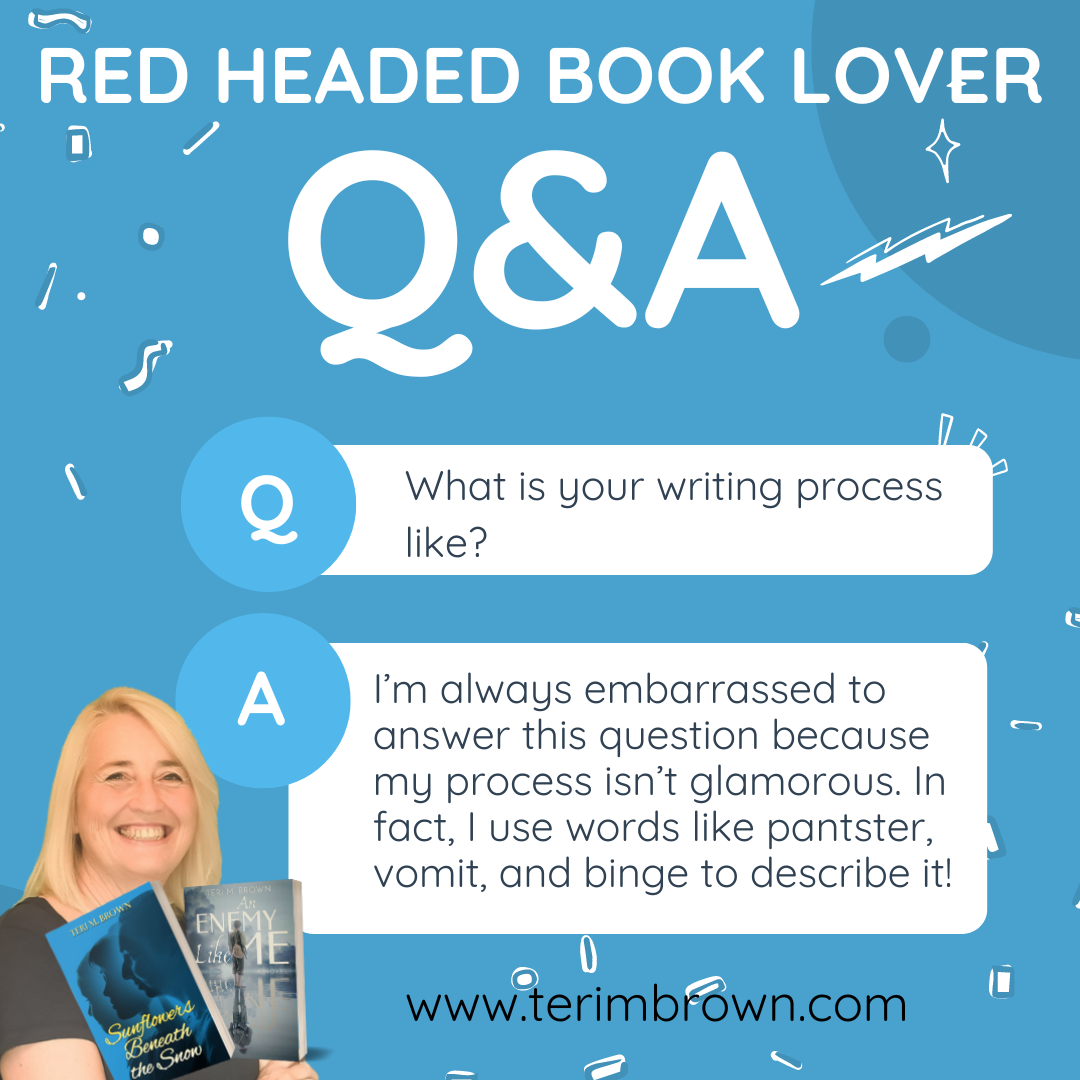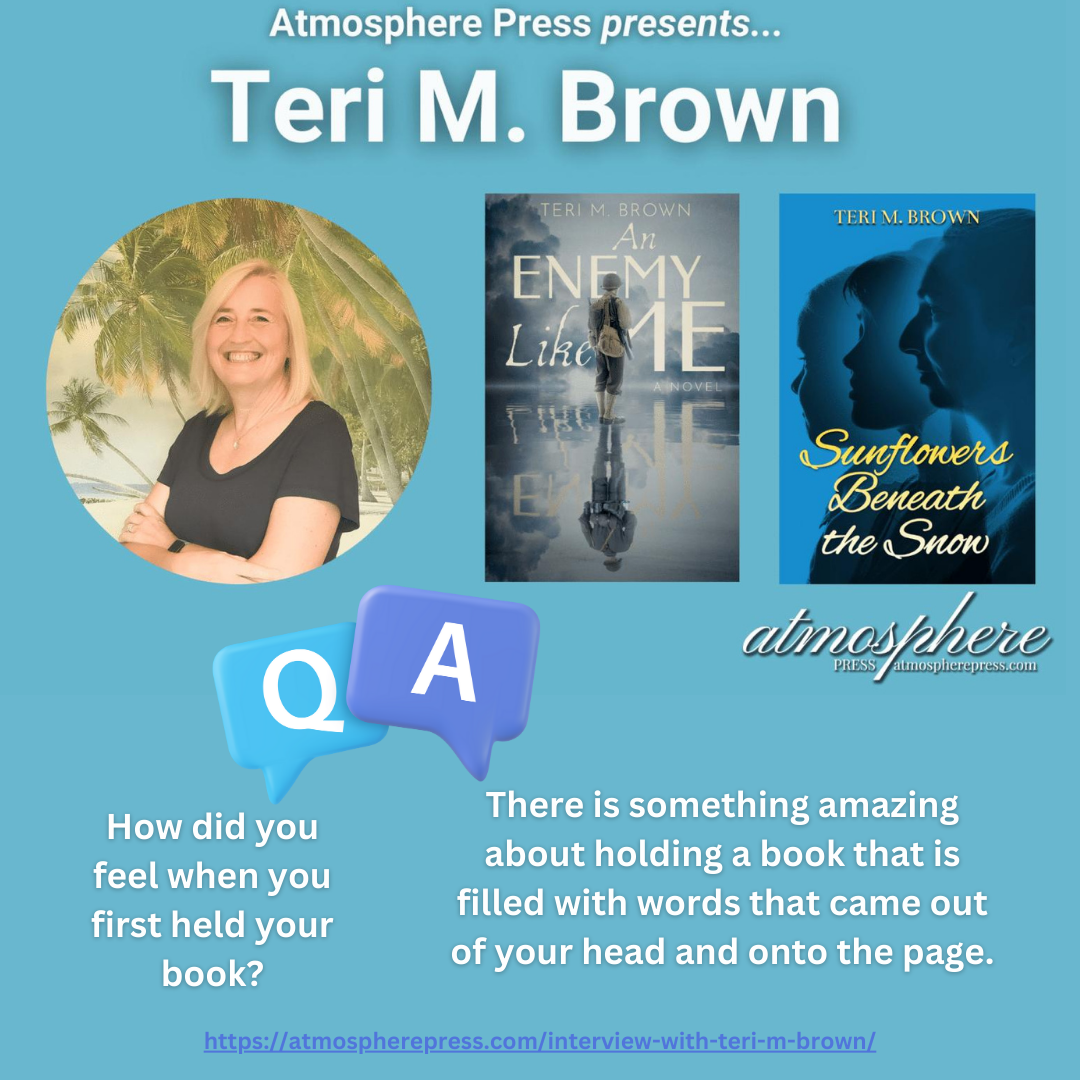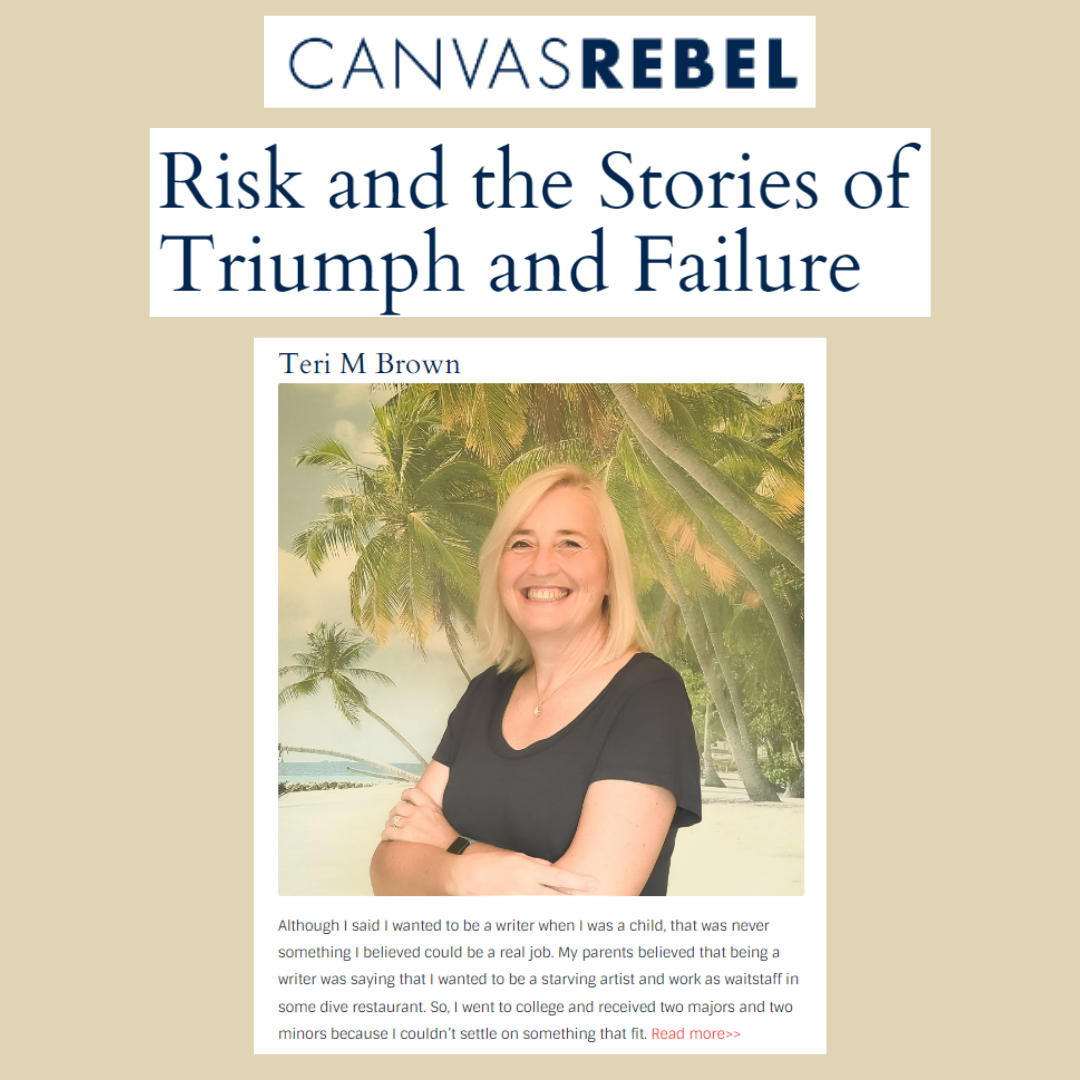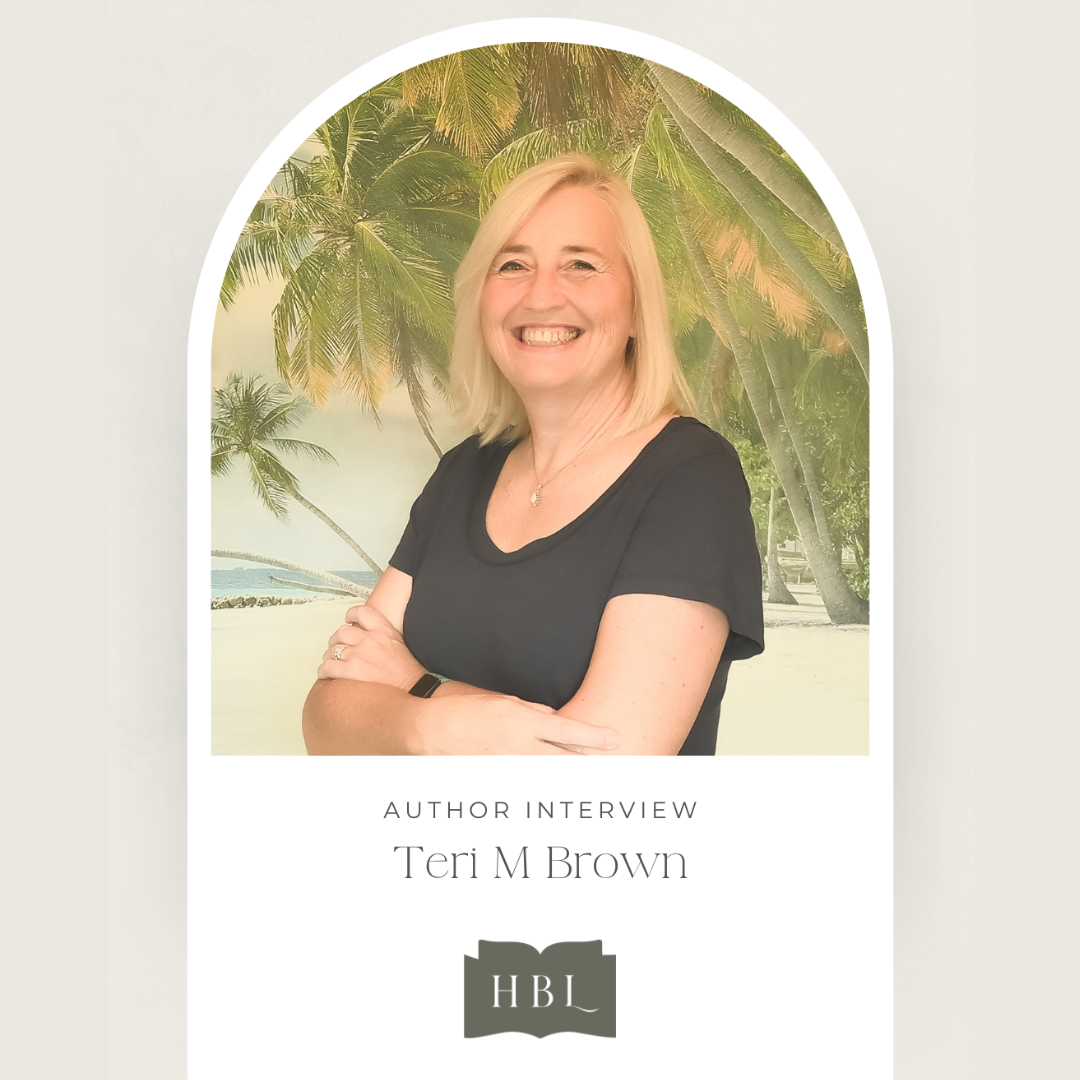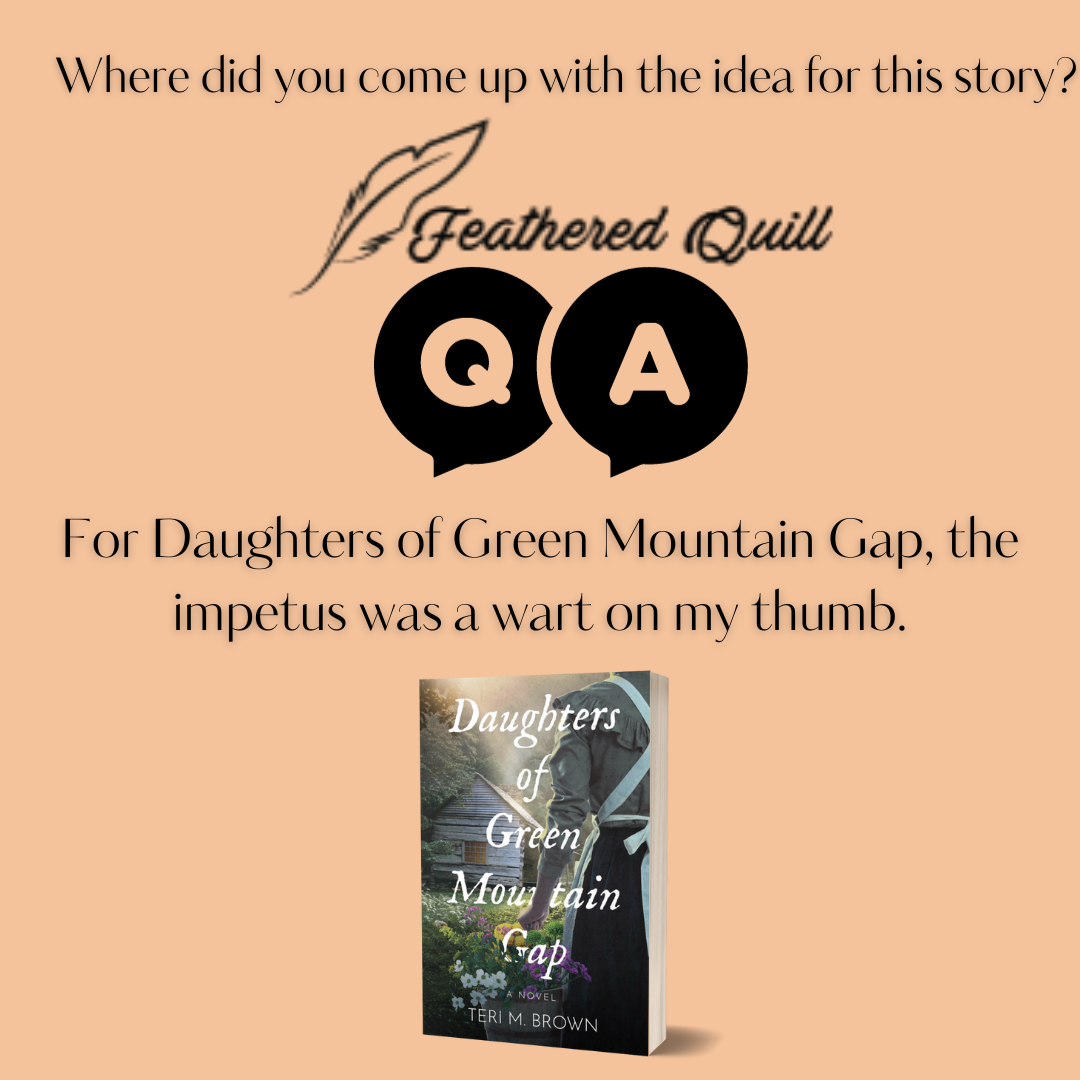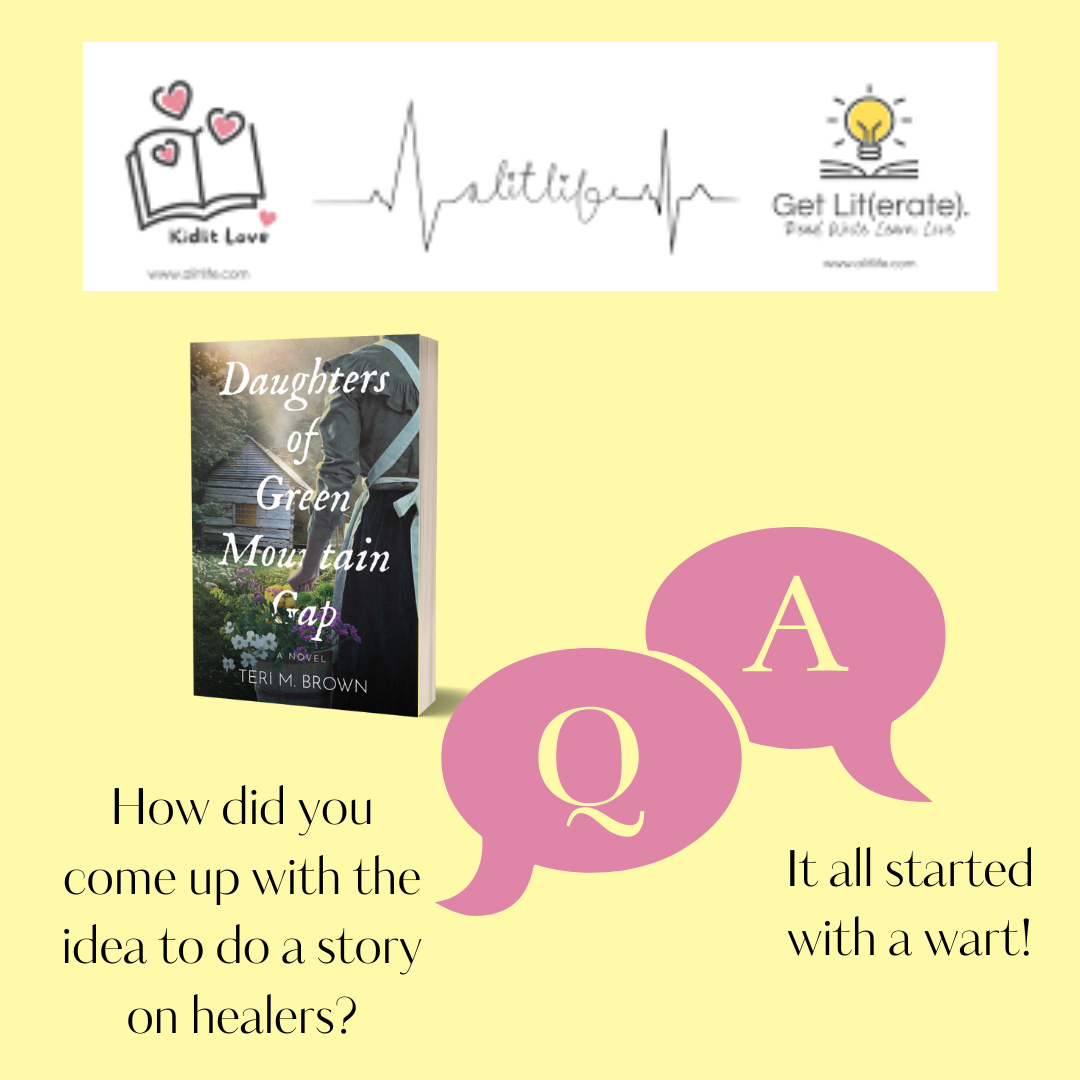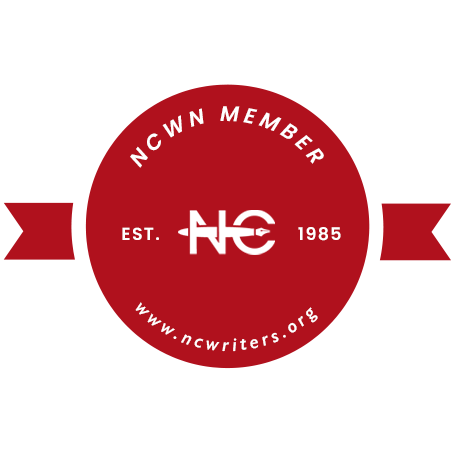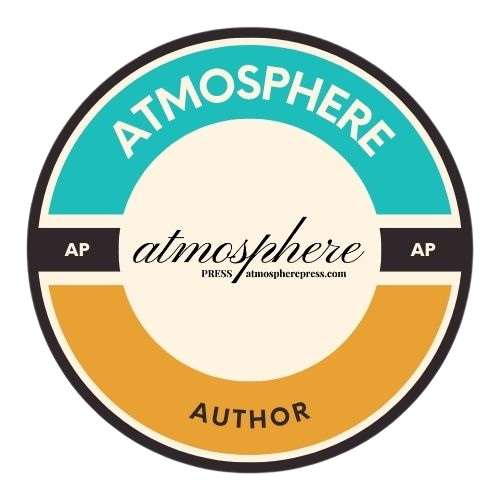TEDx Carioba Studio - Teri M Brown
Past Interviews
Speaking Topics
- Sunflowers Beneath the Snow
- An Enemy Like Me
- New Author/Imposter Syndrome
- 3 ways to Write – Characters come to you, a plot comes to you, a place needs to have a story. I write character-driven fiction, so I’m a pantser not a plotter
- Women’s issues including poverty, single parenthood, emotional abuse, following your dream, homeschooling, parenting adult children, divorce, remarriage, choosing to be a stay-at-home mom, starting a business, etc
- Cycling Adventure - I rode across the country on a tandem bicycle during the COVID 2020 summer and learned lessons about people, relationships, God, and living a full life (see http://doublebuttedadventures.wordpress.com) while raising money for Toys for Tots
